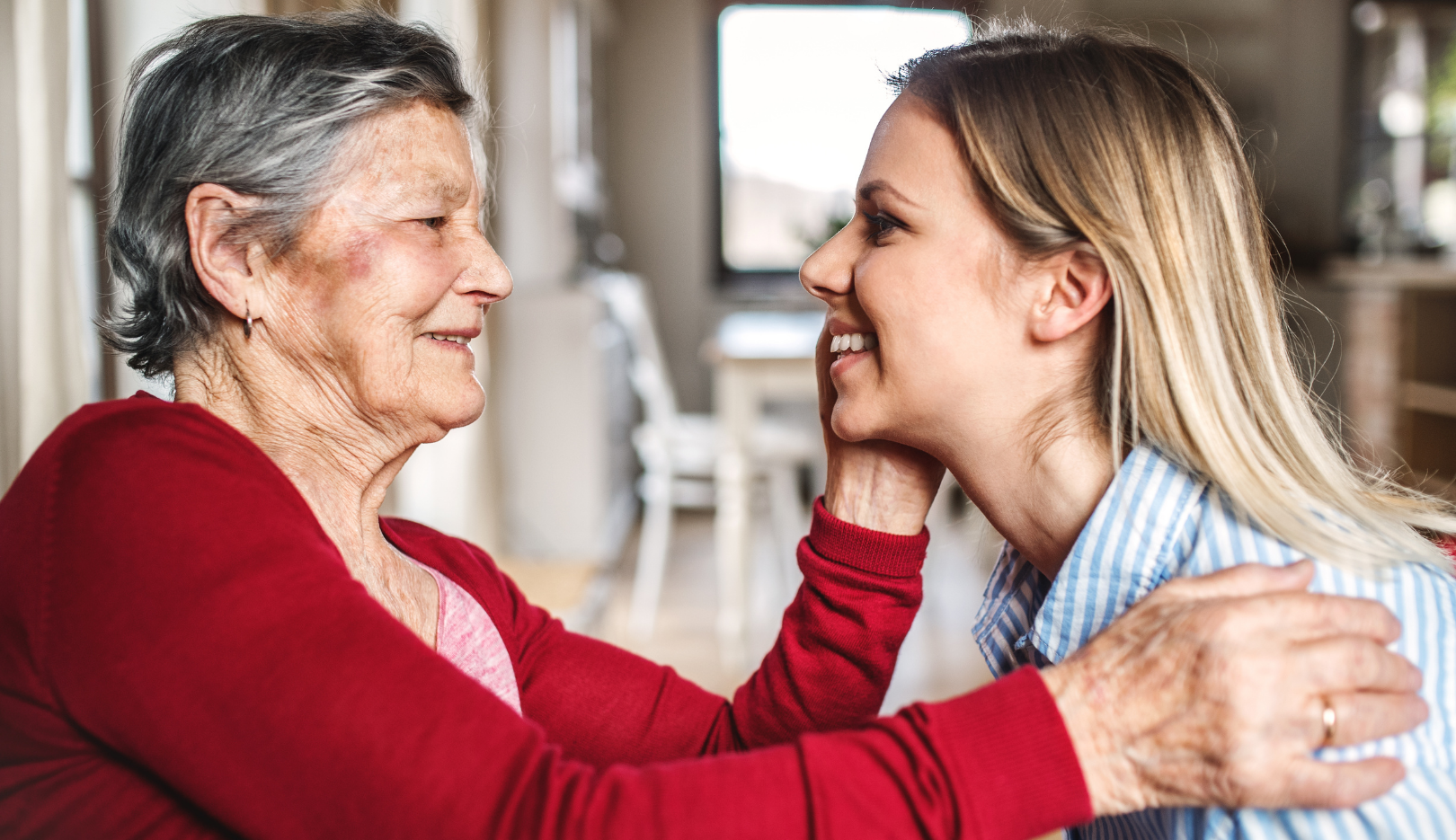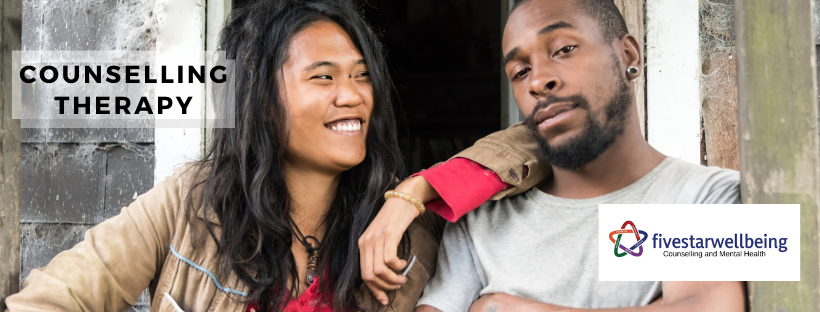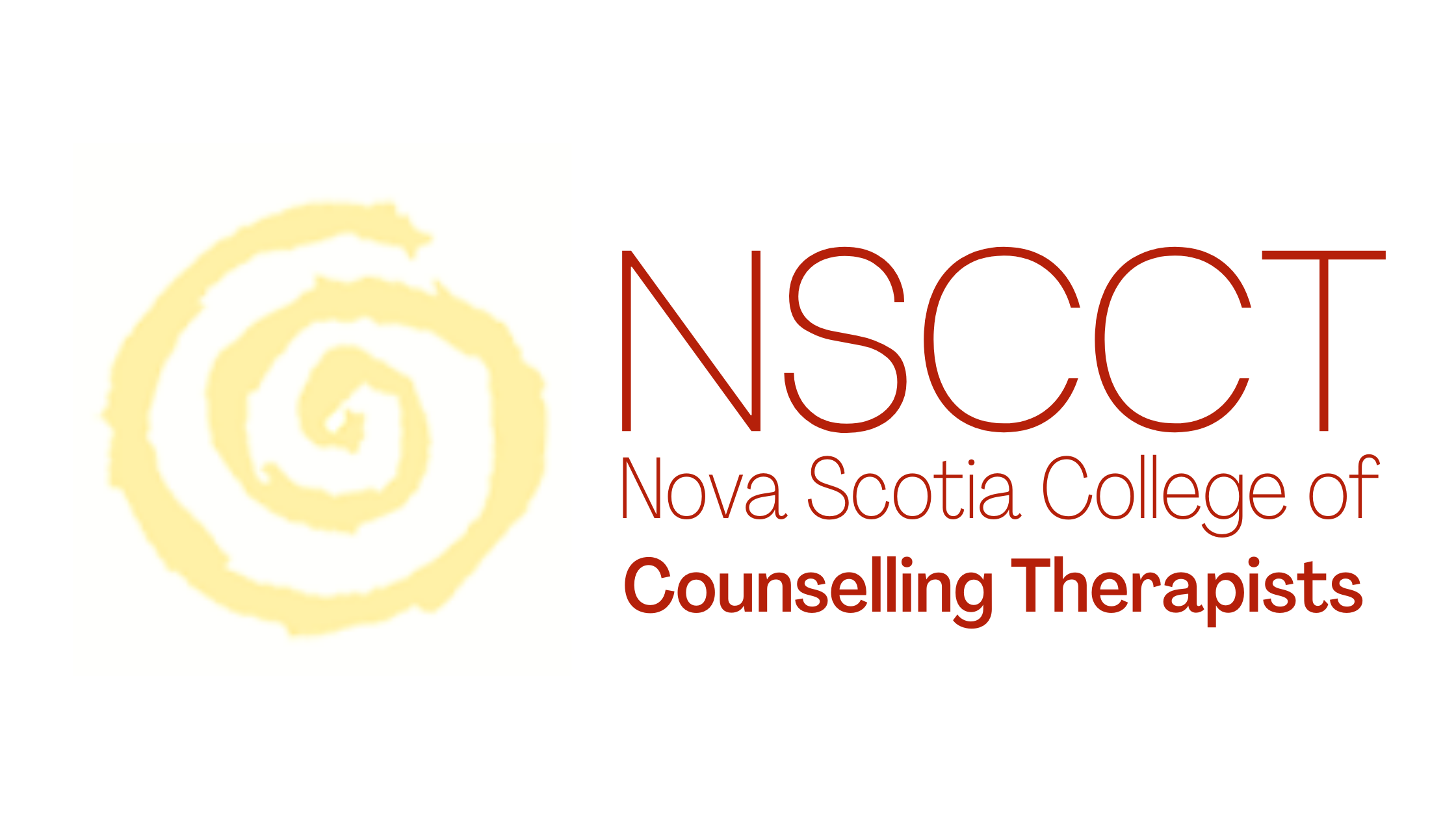“My mother died of a broken heart and nobody can convince me otherwise.” Loneliness made a huge impact on Corrine's mother's mental health.
During the pandemic Corrine's mother died in her home. Her mother, named Audrey was 70 years old. She died three months after her husband passed away.
Corrine wishes she had seen her mother more often. However, due to health guidelines she and the rest of her family could not enter Newfoundland to mourn Audrey’s husband’s passing. As a result, Audrey was left to face the grieving process alone.
The pandemic has forced many people to socially isolate, and the elderly have been impacted significantly. Corrine’s mother didn't die of COVID-19 itself but from too much time spent in isolation.
Health Effects of Social Isolation and Loneliness
Humans are social beings and we need to feel connected with others to stay mentally healthy and well. Social isolation is associated with a high risk of anxiety and depression. Studies show that 1 in 5 Canadians identify with being lonely. That number rose during prolonged periods of isolation during the pandemic.
Long periods without social contact are linked to higher risks of developing physical and mental health problems. For example, high blood pressure, heart disease, obesity, a weakened immune system, anxiety, depression, cognitive decline, Alzheimer’s disease, and even death. Loneliness has been shown to be just as dangerous to your health as smoking 15 cigarettes a day.
Loneliness can also make it more difficult to stay hopeful. Many people find it difficult to keep up habits that maintain wellbeing such as healthy eating, physical activity, home maintenance, and personal hygiene.
Who Is at Risk?
Seniors are especially vulnerable to social isolation effects, especially those living in care homes or who are living alone.
Those who are grieving or experiencing a life transition are especially high risk of loneliness. Loss of a spouse or partner, separation from friends or family, those who have recently retired, lost mobility or lack access to transportation are particularly at risk.
Maintaining strong relationships can be tough for families living far away. For many restrictions due to the pandemic have made physical contact impossible. This has forced people to find creative ways to stay connected.
How to Address Feelings of Loneliness
Social wellbeing is about having healthy connections, knowing you belong and that you matter. It's important that you have one or two individuals that care for you, accept you. If you feel alone there are many ways to stay connected.
- Reconnect with old friends and maintain existing relationships.
- Take on a hobby, activity or community initiative where you will find people with similar interests.
- Join a live or virtual support group.
- If you are older and live alone, consider exploring communal living options.
Don't let loneliness make you sick.
This week, remind someone that you care about them, and how important they are to you. Talk to someone, whether it's by phone, using an online communication platform, or write a letter. Think of the older people in your life who would benefit from your presence.
Connecting with others will boost your wellbeing and mental health and theirs too.
Take good care,
Derrick
Wellbeing Assessment
Our Services
Our mindfulness-based approach to counselling therapy focuses on promoting your wellbeing and mental health so you can enjoy life more fully.
When you improve employee wellbeing and mental health, you improve the lives of your employees, boost morale and your bottom line.
About the Author:
Derrick McEachern is a Registered Counselling Therapist (RCT) in Nova Scotia, and a Canadian Certified Counsellor. He specializes in providing mindfulness-based cognitive therapy in the areas of addiction, healthy relationships, grief and loss, and career and life transitions. He offers workshops and webinars and consults with businesses on ways to improve employee wellbeing and mental health.
Derrick McEachern, M.Ed., RCT, CCC
Counselling Therapist, Owner
Five Star Wellbeing Counselling and Mental Health
tel: 902 698 1194
[email protected]
https://fivestarwellbeing.com











